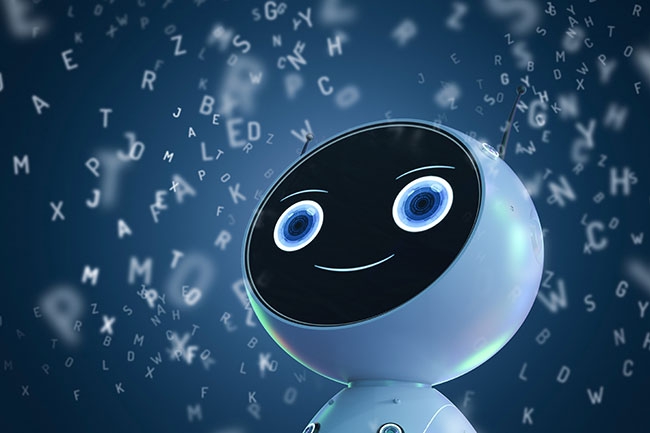The rise of technology and how it affects jobs is a subject that will always get people talking. Unless you work in the technology sector, most people would see AI as a bad thing, which will eventually see thousands of people out of work in the not-too-distant future.
However, not everyone sees artificial intelligence as a bad move for the job market. ‘The cyborg effect’ is the premise that technology enhances human productivity and presents new opportunities, rather than replacing their job altogether.
Andrew Wayland, Chief Technology Officer at Alexander Mann, believes the fear that robots are becoming human and will one day replace us altogether is unfounded, and that the opposite is more likely: that humans are becoming more streamlined and effective, i.e. more like robots.
Studies, like those carried out at the London School of Economics, show that greater productivity is achieved when humans work with technology, as opposed to artificial intelligence on its own. He suggests that the complexity of humans and the sheer range of skills we can adopt and display make us much more indispensable than any machine.
Of course, it’s not realistic to think that every business has the perfect balance between human output and AI contribution; for a start, there are huge skills gaps in some industries. And this is where, according to Wayland, robots prove their worth, by filling in the gaps – the jobs with least demand due to their repetition or the amount of heavy lifting/dirty work involved.
This isn’t a new theory. More than three decades ago, the renowned economist and Nobel prize-winner Robert Solow said, “You can see the computer age everywhere but in the productivity statistics.” Whilst much of the investment into automation is at the outset, there are ongoing costs to be met, and as with anything in business, return on such investment must be measured. If the productivity of robots is mediocre, you can’t entice them to work harder by dangling free gym membership or time working from home – yet initiatives like these can boost productivity and output in human workforces.
Despite good evidence and solid economic research to dispute their beliefs, when 800 CEOs were surveyed on this issue, almost half thought AI would make humans “largely irrelevant” in the future.
The short-sighted amongst us would probably agree; however, the companies that are surging ahead of their competitors are those that are embracing technology and retraining their workforce to work with automation to enhance their job or create a new one.
They believe that the directive of robots should simply involve taking on the mundane, boring and back-breaking work, and that the employees freed up by this should then be retrained in completely new positions that wouldn’t have previously existed. Machines, after all, need monitoring and maintaining. A more efficient operation can also look to innovate and diversify…the future should not fear machines; instead, we should simply see them as the donkeys who will take on all our burdens.
As humans, we can move from being manual to being creative; low-skilled workers can retrain, they can better themselves and open up new opportunities.
What about that should be feared?
If you are looking for Recruitment Website Design, please do get in touch with us.

